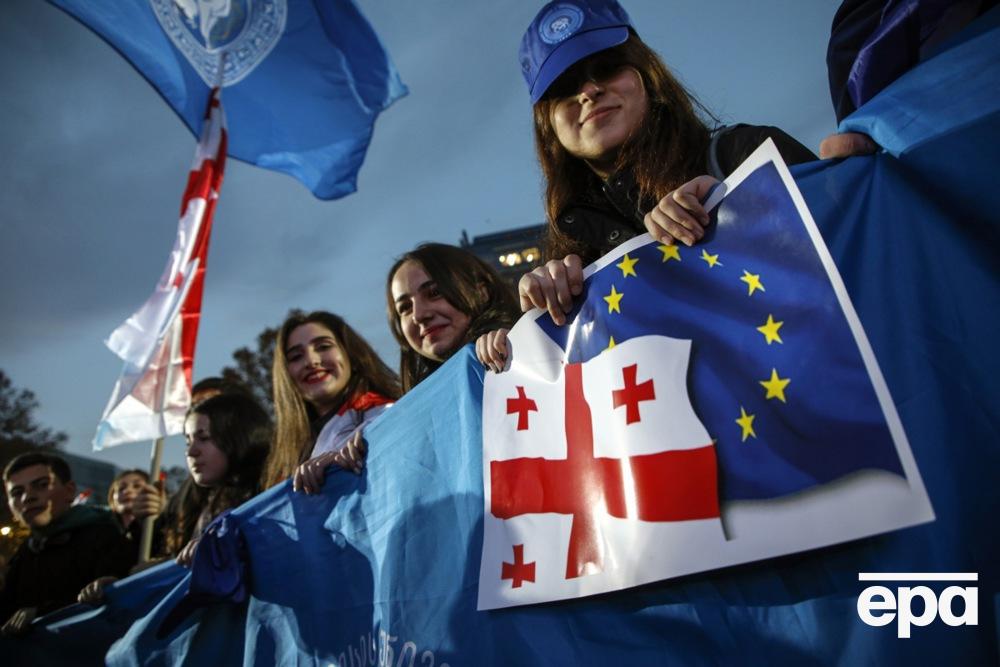
Georgia’s ruling party is set to reintroduce the controversial foreign agent law amid criticism from the country’s civil society. The law stipulates that any organization receiving funding from abroad must undergo official registry or be penalized.
The law was aborted 13 months ago following mass protests ahead of October elections. The suggested legislation aims to require any non-governmental organizations and media platforms obtaining over twenty percent of their funding from foreign sources to register as entities aligned with foreign interests in a distinct registry. Additionally, this draft law would grant the Ministry of Justice the authority to scrutinize and oversee these organizations, potentially entailing requests for access to individuals' personal information. This proposal carries the potential to augment governmental influence over media and civil society, potentially serving as a mechanism to suppress dissent within the nation.
The newly proposed law this year employs the term 'organisation pursuing the interests of a foreign power' instead of 'agent of foreign influence'.
Georgia’s opposition and civil society as well as the country’s President Salome Zurabishvili, who has been in a conflict with the ruling party, have criticized the foreign agent law.
“Georgia’s European path cannot be stopped … nobody can restore the past. No Russian law, nor any other destructive policy can prevent a determined nation from achieving its goal,” the president wrote on X, formerly known as Twitter.
Simultaneously, two additional laws have been introduced in parliament. The first is a proposed Constitutional Law concerning "Family Values and Protection of Minors," while the second focuses on the "Annulment of Mandatory Gender Quotas." The first law seeks to prohibit any event, product, or educational initiative that promotes concepts such as same-sex marriage, adoption by same-sex couples, and gender transitioning, among others. The second law aims to amend the electoral code by eliminating the requirement that every fourth person on a party's list must be of the opposite gender to the preceding three.